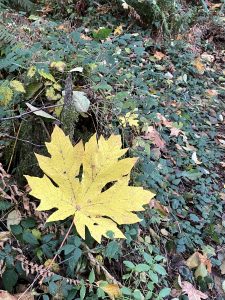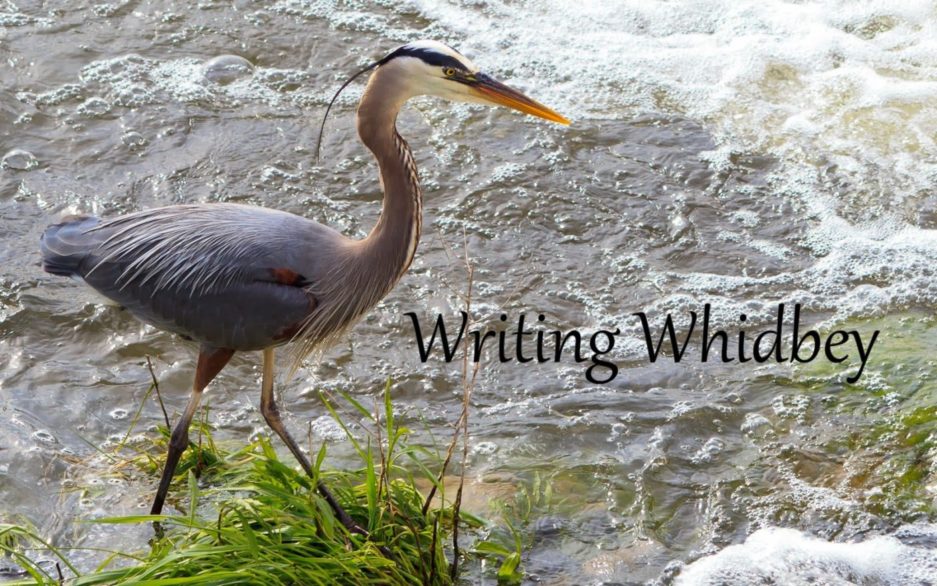



Another year gone, leaving everywhere
its rich spiced residues: vines, leaves,
from Fall Song by Mary Oliver
Writing Whidbey: thoughts on writing, kids' books, and life on an island.





Another year gone, leaving everywhere
its rich spiced residues: vines, leaves,
from Fall Song by Mary Oliver
In the fall our local elk goes walkabout.
He gave up mountains and open plains for a simpler life on an island. Normally happy with a smaller grove of trees or a few acres of wild fields he goes exploring when summer shifts to cooler days. He’s an old loner, but memories of the fall rut and perhaps a remnant of his crazy youth send him on his way.
Shaggy and irritable he walks the roads, crosses back yards and tangles with clothes lines. He slides his hulk-sized antlers into the branches of our apple trees and turns his head. Once is enough. The apples fall willingly at his feet. Who needs apple pie when the crunch and zing of fresh fruit is available?



Bruiser stays awhile but the wild moves him along. When weather shifts to cold and rain, wind and frost, his renewing ramble over, home will call.